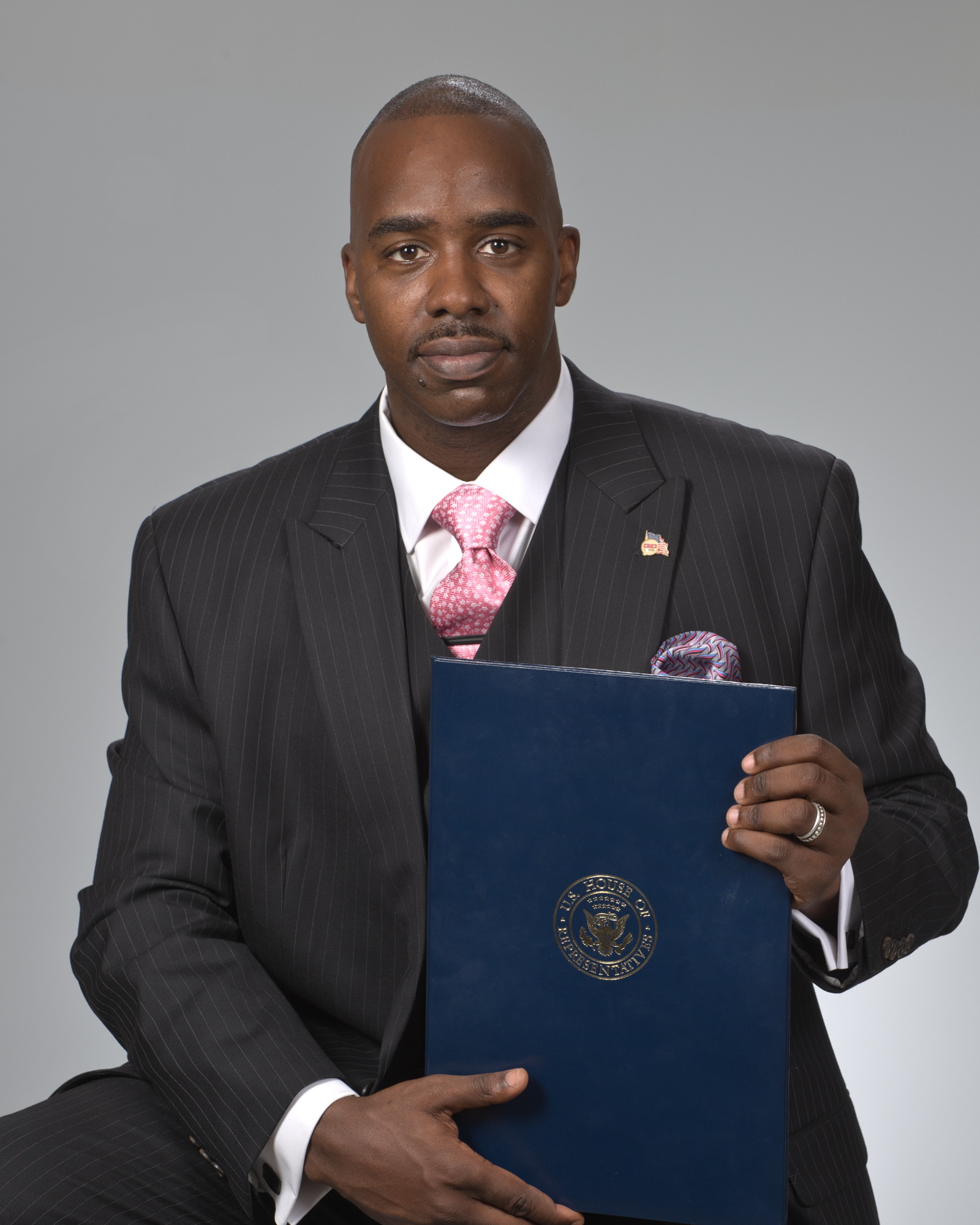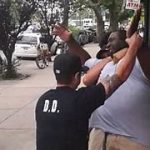Do you remember this:
[youtube]http://www.youtube.com/watch?v=hPrHwmiUMH0[/youtube]
I recall the above, and white governors fighting to keep blacks out of universities, church and house bombings, the King assassination… What kept all I saw and heard from destroying the belief that I could accomplish anything? Good parents, and the influence of black church leaders.
In my youth, church officials were the most powerful and influential black political leaders, whether they held elected office or not. Blacks WENT TO CHURCH then, even more than now, including those who would not know Jesus if He slapped them upside the head. The black church dealt with families. It caused businesses to thrive or die. It directed the vote. It impacted nearly every aspect of black life.
Consequently, most black leaders were found in the church. Even many of today’s black leaders got their start in the church – there’s nothing wrong with that. But things are different now from when I was younger.
The Civil Rights Movement of the 1950’s and 1960’s broke the back of segregation in the United States, and made many segregation practices illegal. Blacks could compete in areas previously closed to them. As more opportunities appeared, capable blacks did what other capable people do in a competition: they won when they were better than the competition.
As integration progressed, the church was no longer their only source of validation for blacks. The church maintained its influence, but the road to black success and respectability no longer had to run through the pews or the pastor’s study.
This gave rise to other leaders, not “birthed” in the church. “Min.” or “Rev.” did not appear before their names, nor the letters “D.D.” or “Th.D” after them. The Old Guard of black leadership, primarily male clergy, began to give way to others with different leadership pedigrees.
And so, blacks, and their leaders, took another step in the progression followed by Italian, Irish, Russian, and other ethnic immigrant communities, though those groups did not come to America via the slave trade. Those progression steps include:
- • Shunned – As outcasts by the larger society. This compels the people to gather themselves together for support until their numbers grow,
• Massing – As their numbers increase, the gathered people form self-contained “mini-societies” that include familiar practices and traditions, and encompass aspects of the larger society,
• Bridging – The mini-societies support strong bonds, for the group and individuals, with the larger society. Some traditions and leadership constructs are challenged or changed, and
• Releasing – Group members feel less need for comfort and support from the group. Many prefer living and working in the larger society and are more likely to have their views shaped by influences apart from the group.
Most European immigrant groups usually reach that last step in the progression. It may be because their physical characteristics are less distinct one from another; they are all considered “white”. Blacks and others of color tend to linger on “Bridging”. But now may be an opportunity for blacks to take that last step.
A widening values disconnect challenges black leadership constructs today. Traditional black values are basically unchanged since at least the 19th century, including: respect for God and the church; the importance of family and children; and respect for hard work and those who do it.
Black leaders still champion those values. However, the vast majority also identify themselves as Democrats. As that party’s values move further away from traditional black values, many leaders, especially those with a church affiliation, are under pressure to “choose this day whom ye will serve” – whether the values that sustained black people through slavery, then Reconstruction and Jim Crow, or those that reflect modern liberalism.
That biblical foundation for traditional black values further complicates matters for black church leaders who are Democrats; some scriptural teachings conflict with party platform positions. For example, while the conflict between no “respect of persons” and affirmative action is negotiated, conflicts about abortion remain. More recently, homosexual marriage pitted traditional black values against Democrat party values.
In response, the Old Guard is divided. Rev. Jesse Jackson, Rev. Al Sharpton and others fully support homosexual marriage; Jackson has said he would officiate an homosexual marriage. On the other side, Coalition of African American Pastors’ founder and president, Rev. William Owens, denounced the president’s support for homosexual marriage and the more than 3,000-member organization wrote a letter to Attorney General Eric Holder saying Martin Luther King, Jr., would have opposed it. Still others try an awkward balance of supporting Obama while opposing homosexual marriage.
This turmoil among the Old Guard leadership is an opportunity for blacks to reach that last progression step of “Releasing” by finding and supporting a less-compromised leadership structure – or no structure at all – that will facilitate their connection to the larger society.
Perhaps it is time for blacks to choose what they consistently believe, not accept guidance from leaders whose positions are increasingly inconsistent.
This is not a call for blacks to abandon the black clergy or the church. It is, however, a call for individual blacks to form and hold to their own beliefs instead of being counted on to believe certain things simply because they are…well…black.
There are consistent black leaders, with and without church affiliation. Consider Furquan R. Stafford, Sr., Chairman & CEO of C.P. Plasma Center, Inc., who occasionally shares information on this blog; he is a Democrat. Or Sebrena Kelly, President and Founder of Caribbean & American Global Business Connections, who affiliates herself with the People’s Party.
Or Jennifer Freeman, the “Conservative Liberal” Founder and CEO of Freeman Young Consulting LLC; or Minister Helena M. Titus, a Democrat who founded PowerGirl Ministries.
These are not necessarily well-known leaders, but they are examples of people with clear views, not given to compromising their values, and desire to help others.
Blacks are a substantial people, with a core set of values that mirror the best of America. They also hold a variety of views which are not well-represented by Old Guard leaders who risk groin injury by trying to keep one foot on Holy Ground, and the other on the Democrat Party platform, as those two viewpoints move further apart.
While some of those leaders struggle, it creates an opening for an even greater number of new leaders. Leaders who are less compromised and more focused on seeing results than on being seen. Perhaps, this is their chance to be heard and to be effective. Sometimes, less (Old Guard) is more (black leadership).


